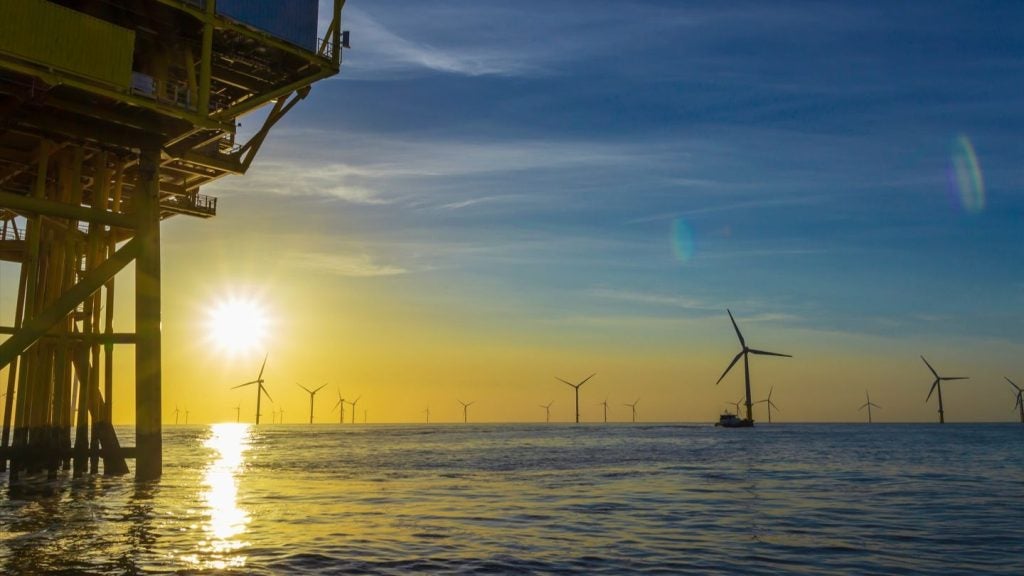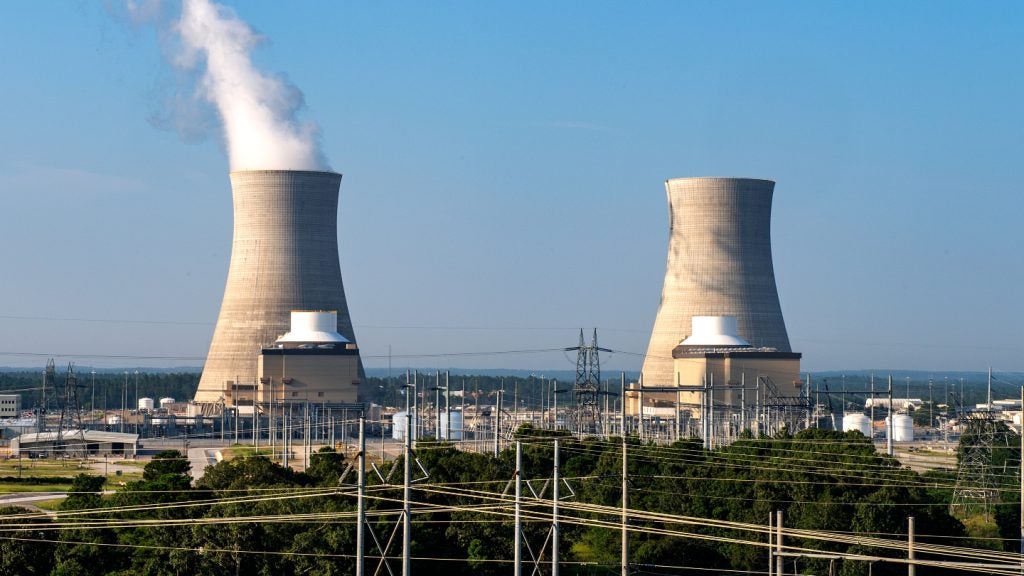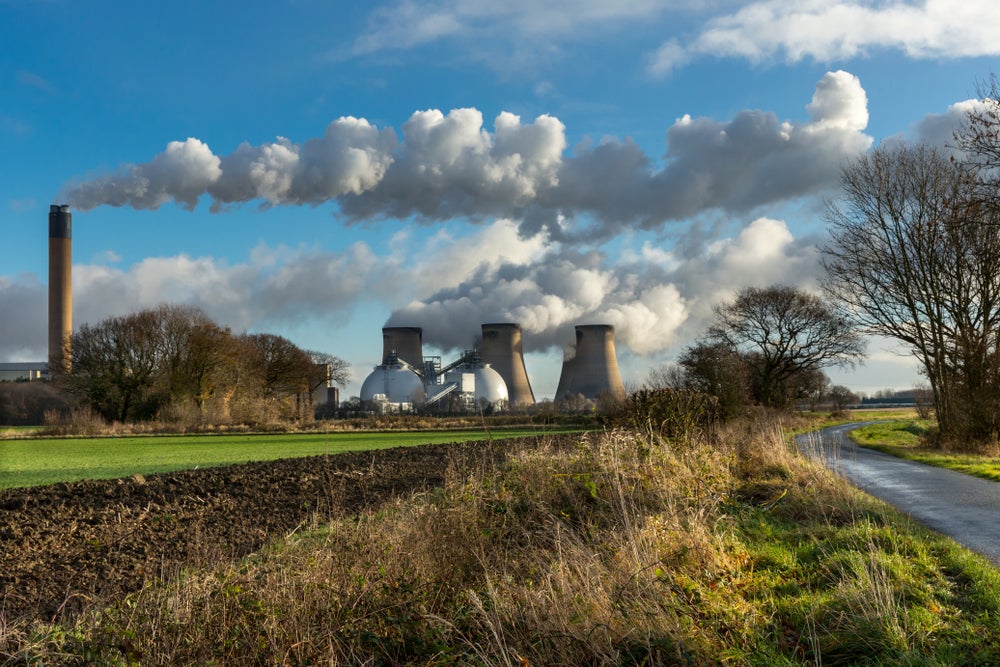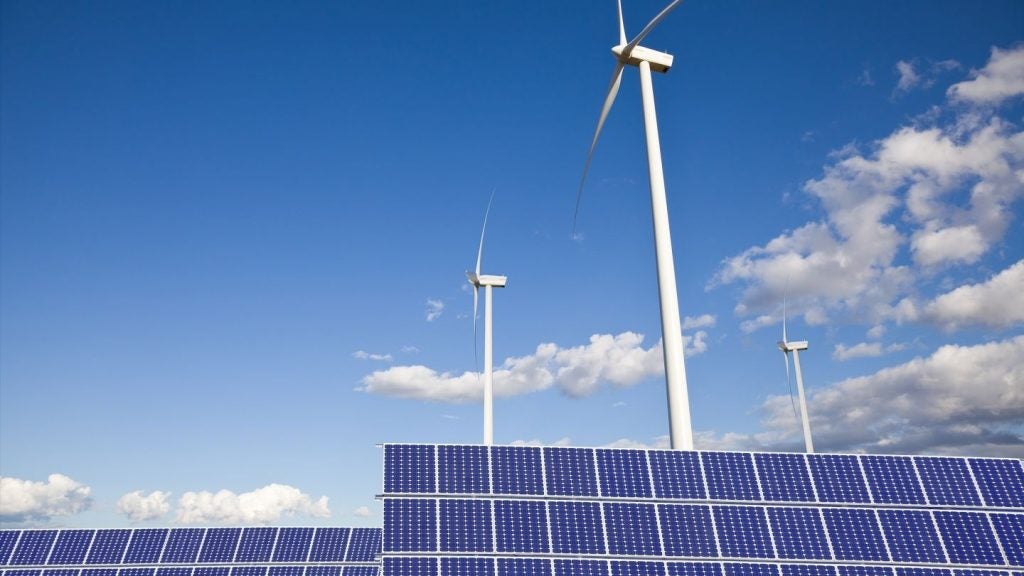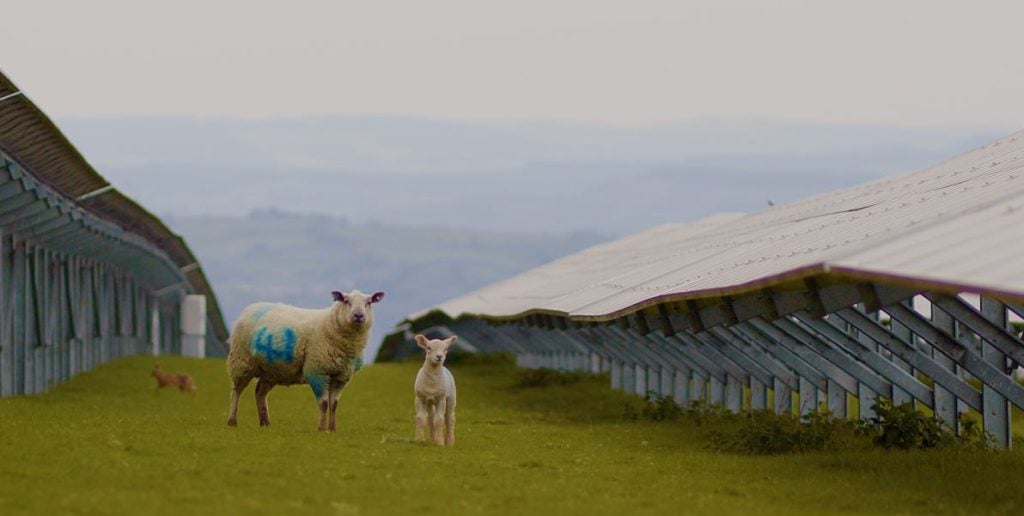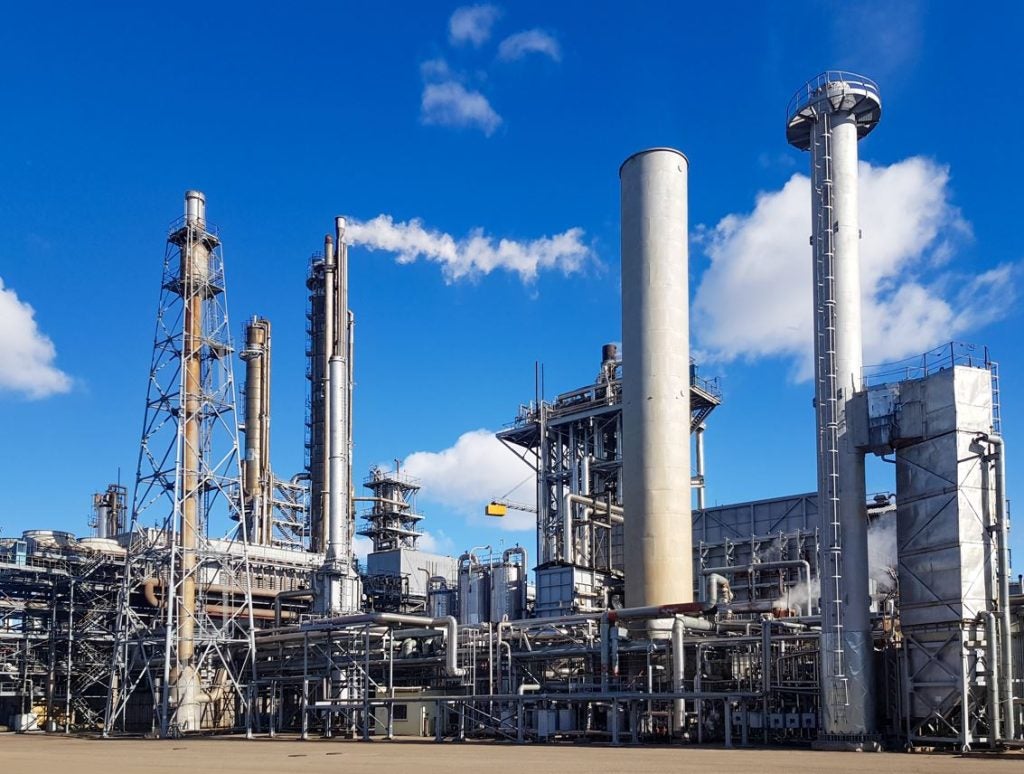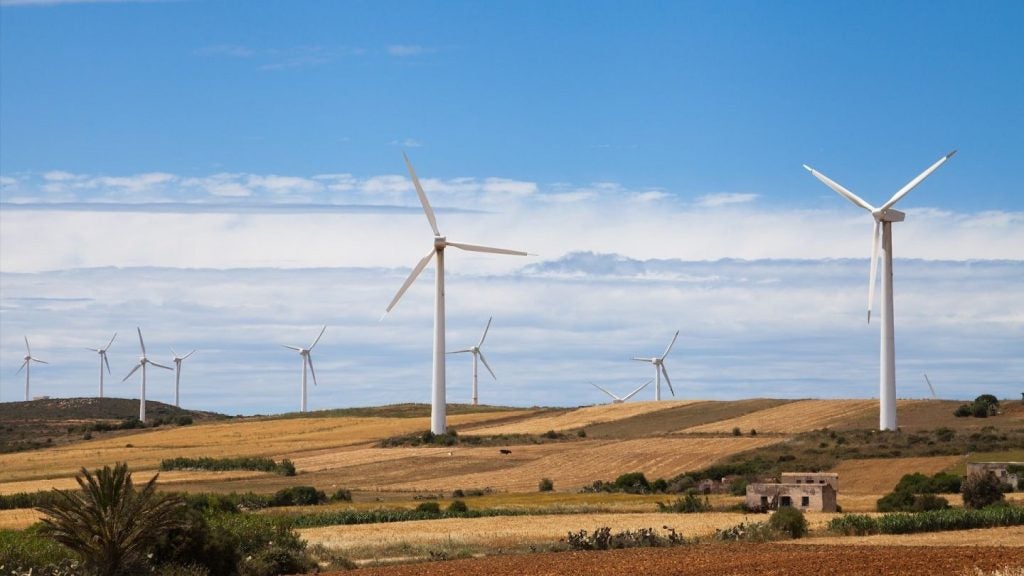Doris, a French consultant for the energy industry, has been chosen as the designer for the Bellrock and Broadshore Scottish offshore floating wind farms, which are being developed by BlueFloat Energy and Renantis.
Bellrock is located in the North Sea 50km north of Fraserburgh and will deliver 1.2GW capacity. Broadshore is 130km east of Aberdeen and will deliver 900MW, making a total of 2.1GW for the two projects.
The partnership of BlueFloat Energy and Renantis secured the licences for the wind farms in the 2022 ScotWind leasing round.
As principal designer for the two projects, Doris will leverage its experience in the construction, design and management (CDM) 2015 regulations to plan, manage, monitor and coordinate the design risk management activities.
It will also support the selection of contractors and offer CDM, health, safety, environment and quality management system compliance across the pre-construction phases through to the final investment decision.
Doris chief commercial officer Christophe Sarri stated: “The offshore wind industry in Scotland and the wider floating offshore wind market are two vital components to achieve a net-zero future and we look forward to working with BlueFloat Energy and Renantis to make these projects possible.”
Broadshore and Bellrock project director David Robertson stated: “We are really pleased to bring Doris onboard as principal designer for our flagship floating offshore wind projects in Scotland.
“Doris’ expertise and strength of service offering will help the BlueFloat Energy/Renantis Partnership pioneer new technology and safely accelerate the transition to a cleaner energy future.”


